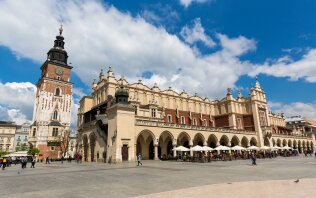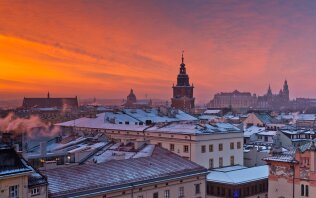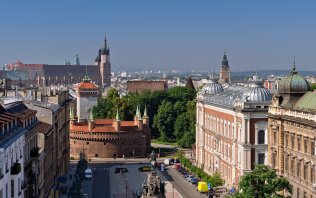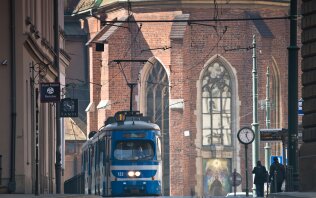Want to know more about Krakow?
Krakow is one of Poland's most beautiful cities, visited by millions of tourists from all over the world every year. Founded over a thousand years ago, it was the capital of Poland until the early 17th century. Thanks to the freely meandering Vistula River, the Wawel Royal Castle and the charming market square - Krakow is perceived by many tourists as a magical city. A visit to Krakow is an encounter with the greatest epoch in Polish history. The Old Town, together with the Wawel Castle and the Kazimierz district, was inscribed on the UNESCO World Heritage List in 1978.
It is impossible to be bored in Krakow. Everyone - regardless of age or interests - will find something for themselves. Are you interested in history? Krakow has a wide range of museums, e.g. the Jagiellonian University Museum, the Rynek Underground and of course the Royal Castle Wawel. But maybe you are interested in art? Drop in for a dose of modern interpretation at MOCAK. However, if you want a moment of relaxation accompanied by delicious food, head for the old town or Kazimierz. You certainly won't be disappointed!
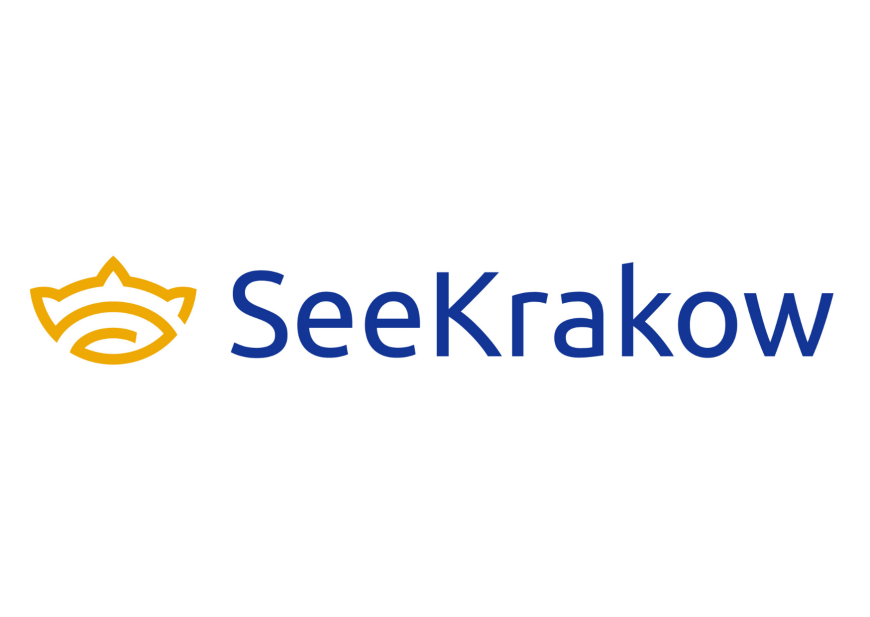
Enhance Your Conference Experience - Krakow Tours
Explore the rich history and cultural heritage that Krakow has to offer with these engaging and informative tours.
Take the opportunity to visit Auschwitz Birkenau, the Wieliczka Salt Mine and many many more places with professional tour guides and make the most of your stay by immersing yourself in enriching excursions.
![mountains-6544522_1280 (1).jpg [283.47 KB]](https://eurobiotech.krakow.pl/storage/image/core_files/2024/1/29/4e6cc7a1b1e1c66e165c790dfd71f88c/jpg/twk/preview/mountains-6544522_1280%20(1).jpg)
![building-92848_1280.jpg [336.86 KB]](https://eurobiotech.krakow.pl/storage/image/core_files/2024/1/29/7d46212369a312b93056ea93b7fac7ff/jpg/twk/preview/building-92848_1280.jpg)
How to get here?
By plane: Krakow is perfectly connected with the capital - Warsaw, Europe, and worldwide. Direct connections are available from many European cities (Frankfurt am Main, Munich, Vienna, Paris, London, Brussels, etc.) from:
- International Airport Kraków-Balice is approximately 15 km from the city centre). The international Kraków Airport is the country’s second in terms of both size and number of passengers, krakowairport.pl
- International Airport Katowice-Pyrzowice (approximately 100 km from Krakow)
By car: Many national roads and motorways intersect in Krakow, among others the A4 running directly from the German border.
By train: The city also offers convenient direct railway connections with other cities in Poland (Warsaw, Wroclaw), and Berlin, Budapest, Bucharest, Hamburg, Prague, Vienna and Žilina.
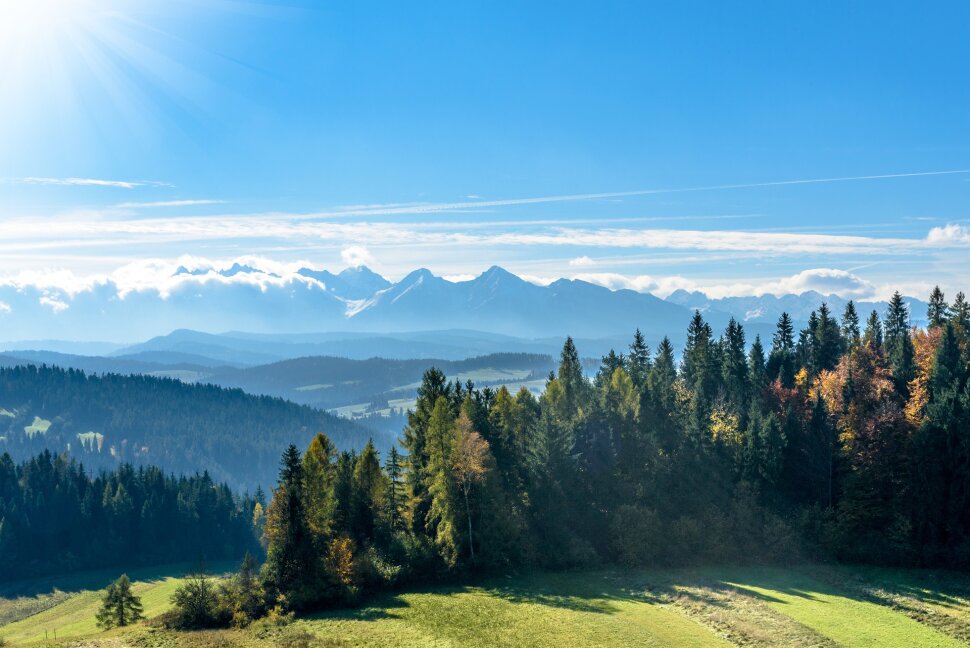
About Poland:
Capital: Warsaw
Population: 38 million
Area: 322,575 sq km (124,547 sq miles)
Time Zone: CET (UTC+1)
Climate: Temperate with mild summers and moderately severe winters
Government type: Republic, parliamentary democracy
Members of: EU, UN, NATO, OECD, WTO and many other
Country Code: PL
-
Electricity230V AC electricity. Power outlets are usually two-prong round sockets. To avoid the hassle we recommend picking up a Universal Travel Adaptor before you leave.
-
CurrencyThe national currency in Poland is Złoty (PLN/zł). Many places may accept euro or dollars but ATM's and exchange cffices can be found throughout the country.
-
LanguagePolish is a native and the official language in Poland. Although not a native language, English is one of the most common languages that are learned and spoken in Poland.
-
Important telephone numbers112 is the European emergency phone number. In Poland 112 calls are answered by the Fire Brigade, Police and Ambulance.
Visa Requirements
Poland is a member of the European Union and participates in the Schengen Agreement, therefore citizens of countries within the Schengen Area and EU do not require visas. There are several other countries outside the EU and Schengen Area that do not require visa to Poland either due to the visa-free travel agreements. For more information please visit the web page of the Ministry of Foreign Affairs https://www.gov.pl/web/diplomacy/visas, and the web page of the European Commission https://home-affairs.ec.europa.eu/policies/schengen-borders-and-visa/visa-policy_en.
Participants that require visa to Poland should apply for it in the Polish Embassy or Polish Consulate located in their country.
Please note that the travel document (Passport) should be:
- valid for at least three months after the planned date for leaving the Schengen Area,
- contain at least two blank pages
- was issued during the last ten years.
Be aware that the visa application procedure in some cases may take a few weeks. If you need a confirmation letter, please contact the conference office.
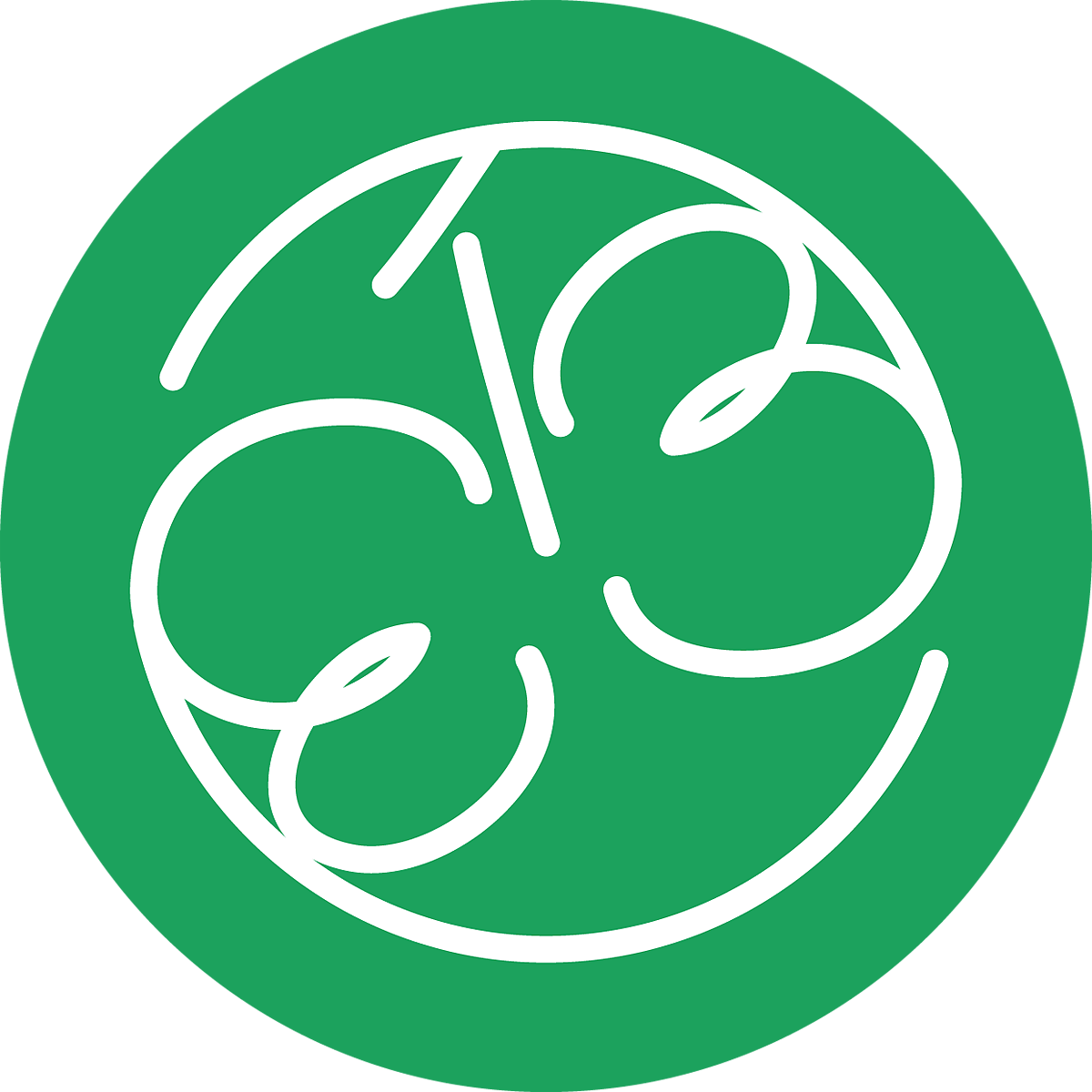1200x1200.png)
